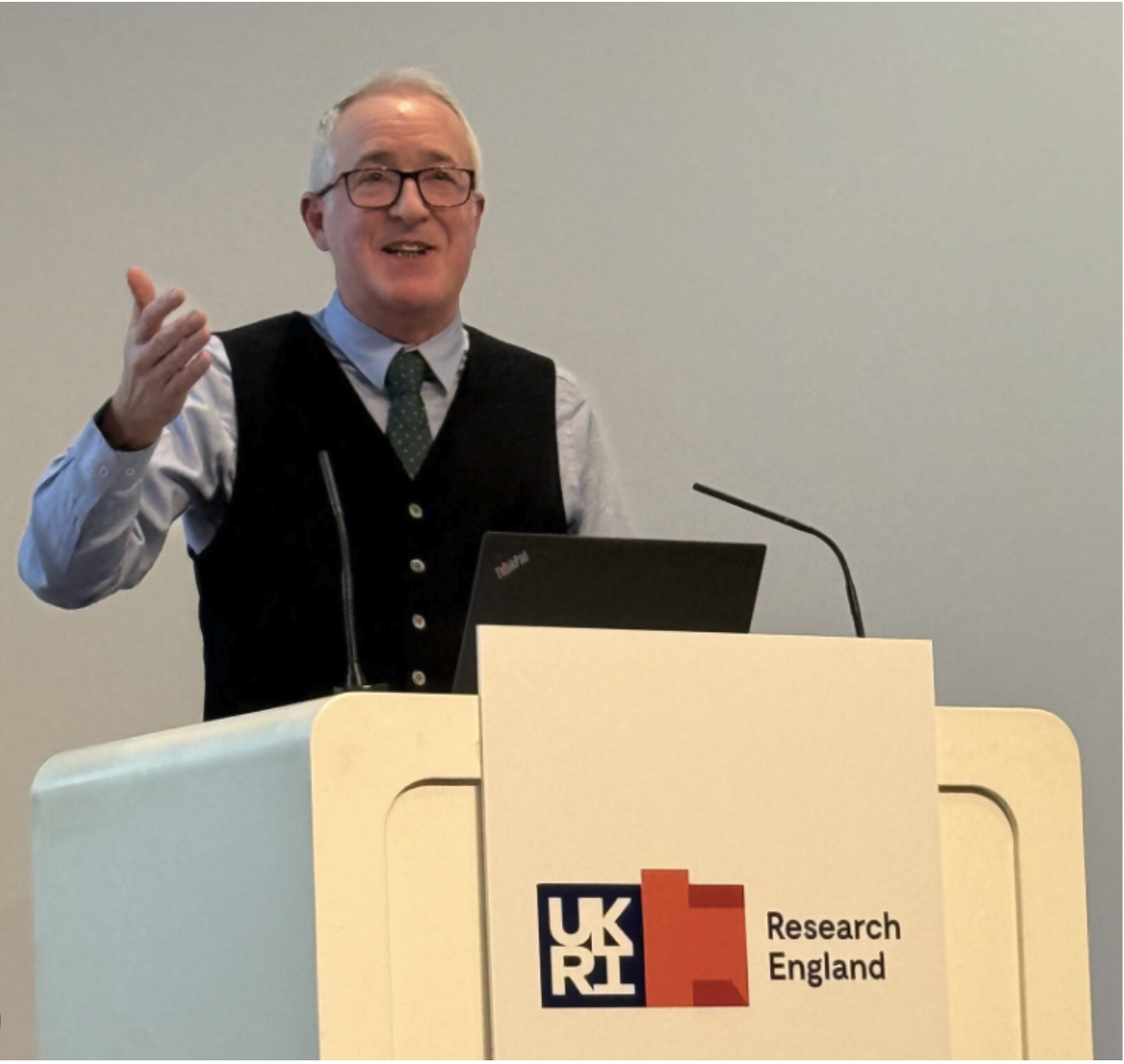Universities and investors launch founder-friendly blueprint for boosting UK software spinouts
Universities and investors have joined forces to boost the number of software spinouts from academic innovations by recommending faster deals with less friction, built for rapid scaling.
Universities and investors launch founder-friendly blueprint for boosting UK software spinouts
Spinouts are companies usually formed by academics or researchers based on the intellectual property or research they developed at a university.
TenU’s latest founder-friendly guide calls for faster deals with less friction and recommends founders have 90-95% equity in software spinouts.
Minister to attend launch event at Mansion House .
Universities and investors have joined forces to boost the number of software spinouts from academic innovations by providing recommendations that will lead to faster deals with less friction and rapid upscaling.
TenU – which represents world-leading universities including Cambridge, Edinburgh, Imperial, Manchester, Oxford, and UCL – has joined forces with a group of top investors and professional services firms to launch a new expert guide for the speedy and efficient formation of spinouts from cutting-edge university research.
The USIT for Software Guide will be launched at an event today (Monday 20 May) at Mansion House attended by Andrew Griffith, Minister of State at the Department for Science, Innovation and Technology.
Many of this country’s most successful technology firms – Solexa, Oxford Nanopore, Synathesia – started off as spinouts from a university.
A Government review of the sector found that UK university spin-out investment increased five-fold from £1.06 billion in 2014 to £5.3 billion in 2021.
The new guide provides a common approach to negotiations across the sector to make the process much more efficient, especially for less experienced parties.
This includes a recommendation for for founders to take between 90-95% equity in software spinouts.
The guide reflects the unique characteristics of software spinouts if compared to those in the life sciences and deep tech, including shorter development times, relatively low initial funding, and the need for rapid growth in a highly competitive, rapidly evolving market.
The guide says:
“Software businesses evolve through relentless engagement with customers, understanding their new needs and spotting where the technical advantages of the software can deliver some distinctive performance.
“This different distribution of value between founding IP and accumulated founder-customer interaction contributes to the justification for different founding equity stake.”
Speaking ahead of the launch, Simon Hepworth, Director of Enterprise at Imperial and also Chair of USIT for Software said:
“Maximising the real-world impact of cutting-edge university research is crucial to advancing the UK’s reputation as a world leader for innovation.
“The new USIT for Software Guide demonstrates the sector’s continued commitment to building stronger relationships between TTO offices of leading universities, investors and founders, for the benefit of spinouts, the economy and society.”
Dr Anne Lane, Chief Executive of UCL Business added:
“With software spinouts - more than many other spinouts that we help set up - speed is of the essence.
“The ability to agree terms to enable founders to get their software solutions to market quickly is essential. Having this clear framework helps hugely in setting expectations on all sides and allows founders to do what they do best – create great software innovations that have real world impact.”
Kerry Baldwin, managing partner at IQ Capital said:
“There is so much exciting potential within UK universities. If we are going to continue building the dominance of UK technologies, we need to make it as easy as possible for investors and academics to come together and establish companies.
“We have listened carefully to the investment community and this guide is built on their feedback. A critical factor for success of a software start-up in addition to the visionary founders, is speed. The faster a minimum viable product (MVP) can be tested and launched, the faster the product can go to market, generate recurring revenues at scale and deliver returns to the investors and other shareholders in university software spinouts.
“So, we hope this blueprint will encourage more investors from across the world to see the opportunity in the UK innovation ecosystem.”
Ana Avaliani from the Royal Academy of Engineering said:
“Founders who are meaningfully incentivised to spin out and grow their companies are at the heart of a successful innovation and entrepreneurship ecosystem.
“The ease of the spin-out process matters greatly. USIT for Software offers a framework for enhancing transparency and aims to enable more effective collaboration between the university, VCs, and founders.”
Software spinout
Mycardium was founded in 2022 by Prof James Moon, Prof. Mark Westwood, Prof Charlotte Manisty and others. They developed ‘superhuman AI’ for measuring the heart, and a clinically-led lab service. Mycardium was set up through UCLB’s Portico Ventures which helps UCL researchers set up technology-based businesses that can thrive in a fast-moving ecosystem by providing spinout companies with an exclusive and royalty-free licence in return for a fixed percentage of equity (company ownership). In Mycardium’s case that was just over 4.3%.
Professor James Moon, Chief Executive Officer, MyCardium AI Ltd, said:
“When we founded MyCardium in 2022 as a spinout from UCL after years of research, our biggest motivation was in delivering fundamental improvements in cardiac care, redefining certain diseases and making a global difference. We are now a company of circa 50 people and are growing quickly.
“To take the software and expertise to market, a commercial vehicle needed to be created, and having a straightforward process of agreeing equity splits was key to us progressing at speed and with confidence. That is why the USIT guide is so valuable – it will help the next generation of founders to strike deals with investors and universities quickly and easily.”




